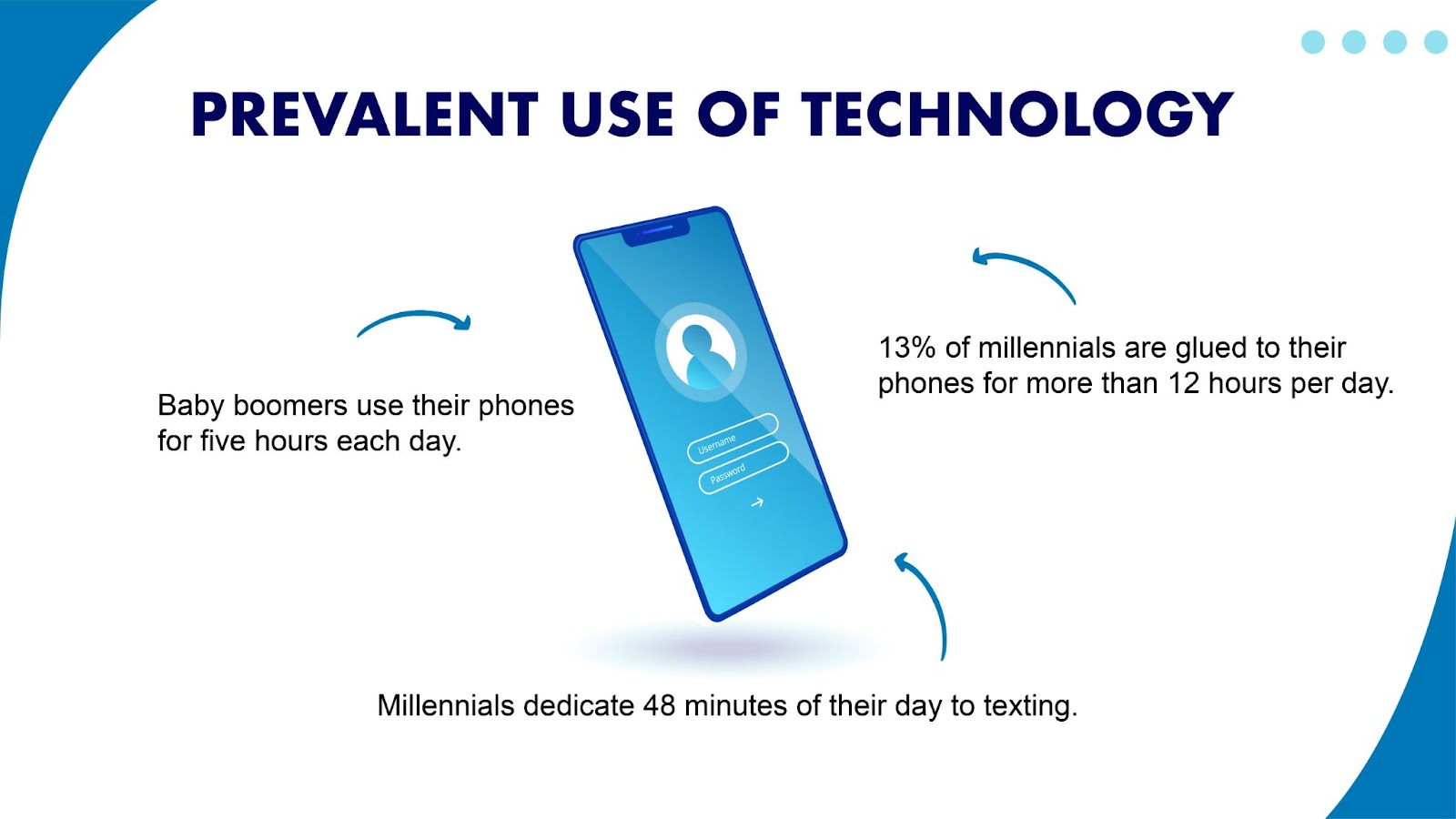There's no need to get confused if you discover the addictive nature of digital media annoying. An increasing number of individuals are driving an "attention revolution."
When journalists misrepresented his Apple goods, Steve Jobs was known for correcting them. Such a call came to New York Times reporter Nick Bilton in late 2010, not long after the debut of the first iPad. He questioned Jobs at the conclusion of their talk, "So, your kids must adore the iPad?" It surprised me how Jobs responded. They didn't make use of it. We restrict the amount of technology our children use at home.
The Soul of the Cyberspace
Douglas Groothuis, a Christian philosopher, noted more than 20 years ago that technology was headed in the direction of endangering two essential aspects of human life: embodied interactions and attentive presence in daily activities. "The endless search for recreation is often a desperate attempt to escape the misery of existence." We struggle, particularly to maintain silence in our quarters. The biggest temptation for humanity to perish in distraction is possibly found in cyberspace. Since Groothuis penned those comments, the development of digital technology and the creation of social media have progressed at an astounding rate.
The truth is that despite our glut of information, we lack insight and knowledge. Face-to-face engagement is being increasingly replaced by texting and social media connections, and this makes it harder for users to find authentic, physical groups. Why bother with the work and sometimes unpleasantness of real-life interactions when "socializing" in the highly edited and chosen cyber-worlds of social media is so much easier?
The more prevalent the usage, the younger the generation:
- Baby boomers use their phones for five hours each day.
- Millennials dedicate 48 minutes of their day to texting.
- 13% of millennials are glued to their phones for more than 12 hours per day.
"Those who would forbid literature were what Orwell feared. Huxley feared that if no one desired to read a book, there would be no justification for its prohibition. Orwell was afraid of those who would keep us in the dark. Huxley was concerned that the truth would be lost in a sea of meaninglessness. This book explores the notion that Huxley, rather than Orwell, was on to something. According to Adam Alter, an associate professor at New York University who has published on the psychology of digital use, Huxley and Postman were right. For instance, the platforms and apps we use were created without any stopping cues. When you finish a chapter of a book, there are obvious signs to stop reading. When an episode of their favourite TV show was over, older generations would quit watching because the following episode wouldn't air for another week. But "infinite scrolling" has been built into Facebook, Twitter, and Instagram. Theoretically, there is no end to the amount of browsing you can do. By default, all streaming services—including Netflix, Hulu, Amazon Prime, and YouTube—start the subsequent video a few seconds after the previous one ends. Without that cue to stop, you are more likely to keep watching.
These websites are made to keep you coming back, as well. Cal Newport discussed the effectiveness of "intermittent positive reinforcement" in "Digital Minimalism," which is used in social media platform alerts. The app might have a dozen notifications when you first open it, but the next time you do, there might be none or just one. More compulsive checking is encouraged by this unpredictability than by a consistent routine. This trait is not an accident. The apps' algorithms are created to use sporadic positive reinforcement, much like a slot machine.
Minimalist Digital Art
There is good news if the addictive nature of digital media irritates you. To start with, you are not alone. An increasing group of individuals are driving an "attention revolution." We are unleashing ourselves from the dictatorship of technology and reclaiming our work, leisure, and lives. Second, there are a lot of real-life "detoxing" techniques that you can use in your own life.
Accept The Freedom
Groothuis bewailed how technology often prevents us from being able to sit peacefully in space. During quiet times of reflection, our spirit manifests itself to us. The concerns hurt, and the existential fears we carry become noticeable in our minds. You might occasionally be shocked by the gloom in your own mind. Other times, spending time alone in silence reveals how inadequate and constrained we are. As a result, we use YouTube and Netflix to numb and distract ourselves. With the help of our productivity applications, we can complete any task at any time.
In other words, if you only "go skin deep" in your fight against technology, it won't have much of an impact. Your plan must start with an acceptance that what you look at will sculpt your soul and make you into its likeness. Christians who practise digital minimalism begin by making the following commitment: When you have something more worthwhile to focus on, you can escape the attraction of digital devices (more on that below).
"Digital Detox" Yourself
Simply turning off notifications won't help you break your tech habits. To achieve freedom, drastic steps are required, which is where the digital detox comes in. Taking a 30-day break from optional technologies lets you find and develop hobbies that give your life more meaning and satisfaction.
You must first decide which apps and gadgets are "optional" for you. Is this really something I need? Keep it if the reply is in the affirmative. If the response is "no," erase the response and put it out of your mind for the ensuing 30 days.
You can gradually reintroduce the optional technology into your life after the detox is complete. You will, however, only permit those applications that actually benefit your life. In addition to being very deliberate about which apps you use. You must have a why and how for it in addition to being very deliberate about the apps you permit. You must ensure that this digital tool will support something you truly value rather than just add to your life's clutter. That explains why. Then, for the "how," you give yourself a simple plan for using that tool so that it stays in its rightful place.
Fill Your Free Time With Meaningful Activities
Simple technology is low-rewarding because it doesn't need any expertise or effort on our part. On the other hand, things that take time, effort, or knowledge are much more fulfilling and meaningful.
You ought to take a "tech sabbath" for at least one 24-hour period each week. Avoid YouTube and social media. Use that time to engage in activities where you can put your phone away.
Once you can accomplish it once a week, try doing it in smaller chunks throughout the day. For instance, make sure your mealtimes are phone-free.
How Can Our Courses Help You With Digital Minimalism?
The good news is that you can free your spirit from technology's hold. Your life can be freed from the clutter of social media so that you can pursue life, career, and love in a way that is far more meaningful and fulfilling. Rediscover how good digital minimalism can be by using it in your life.





